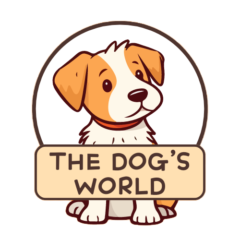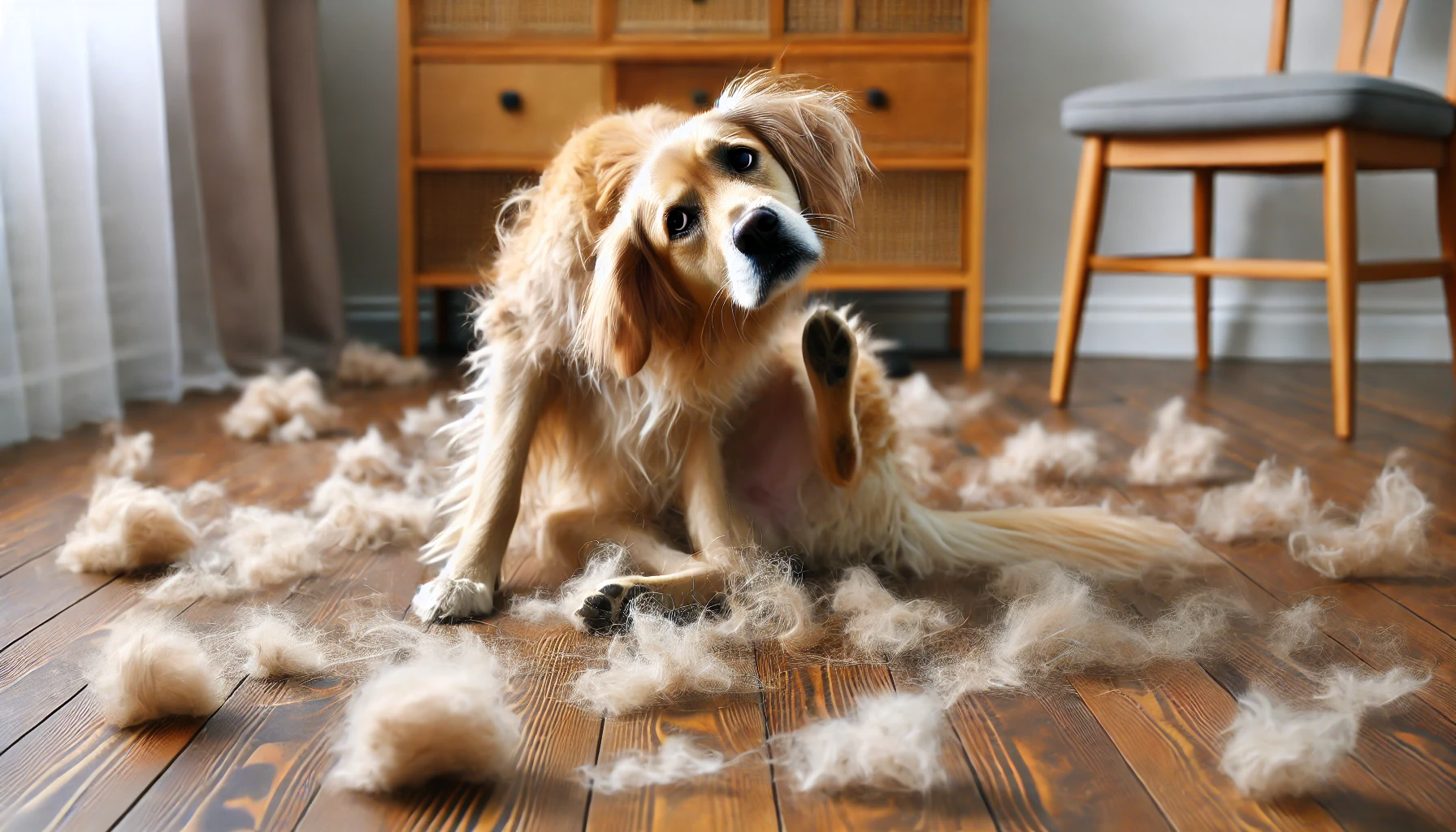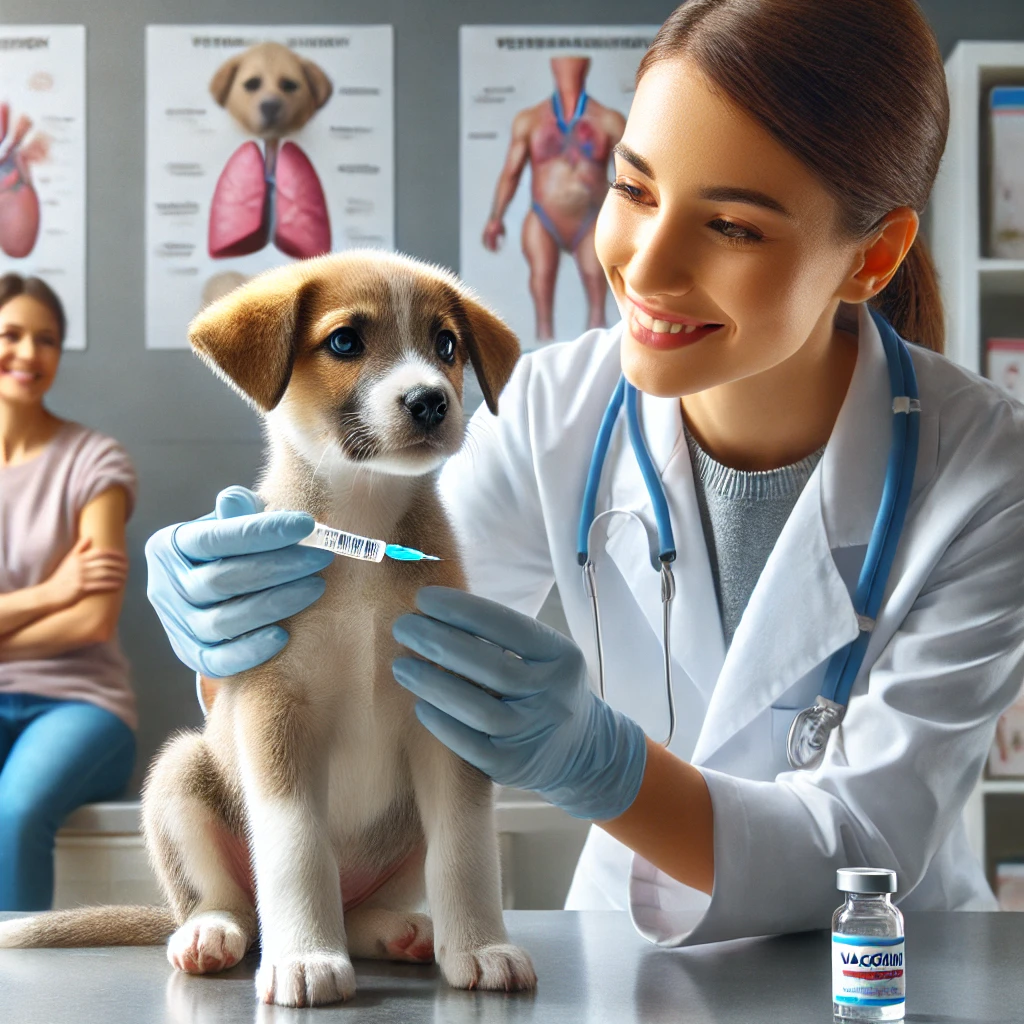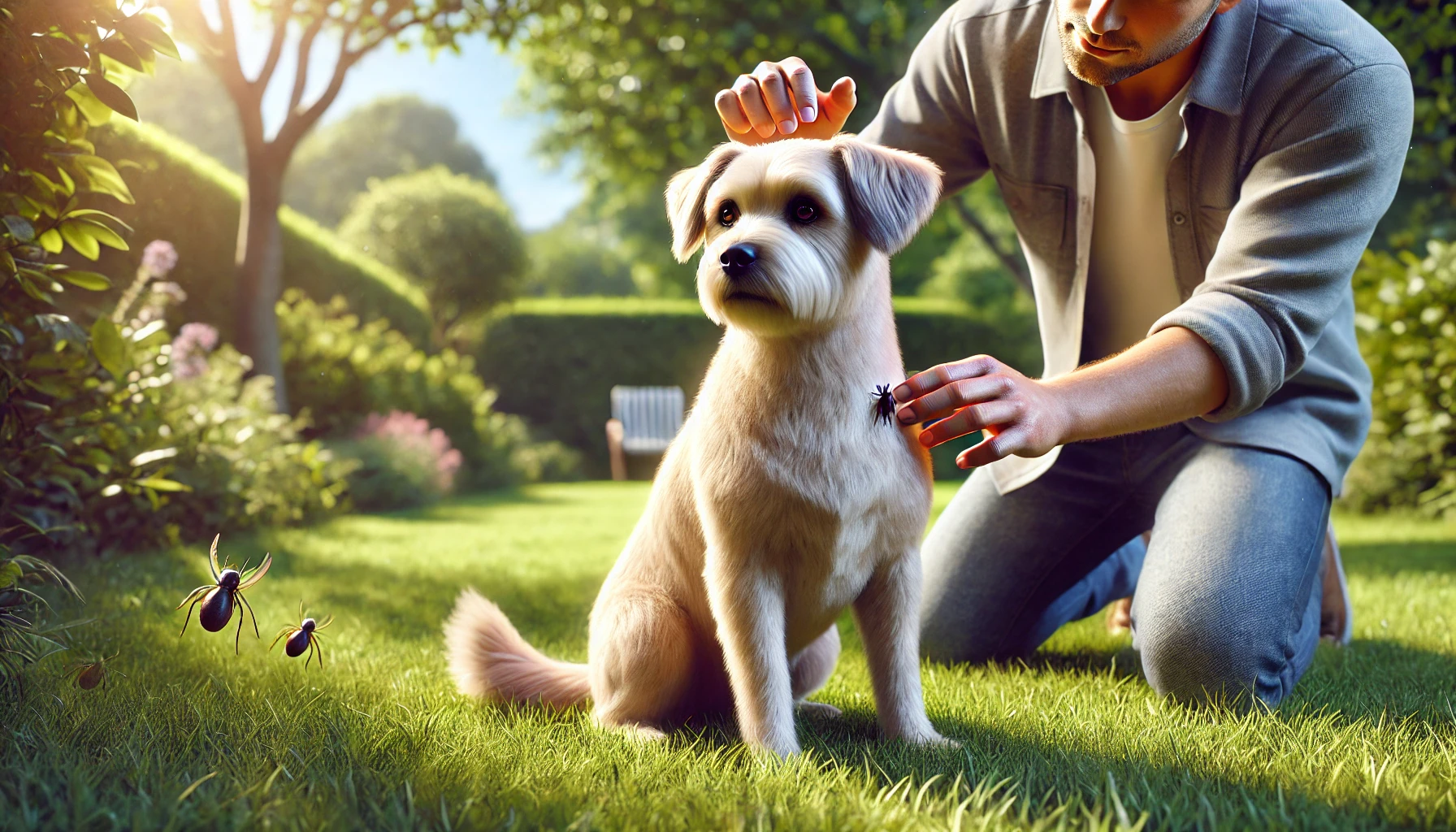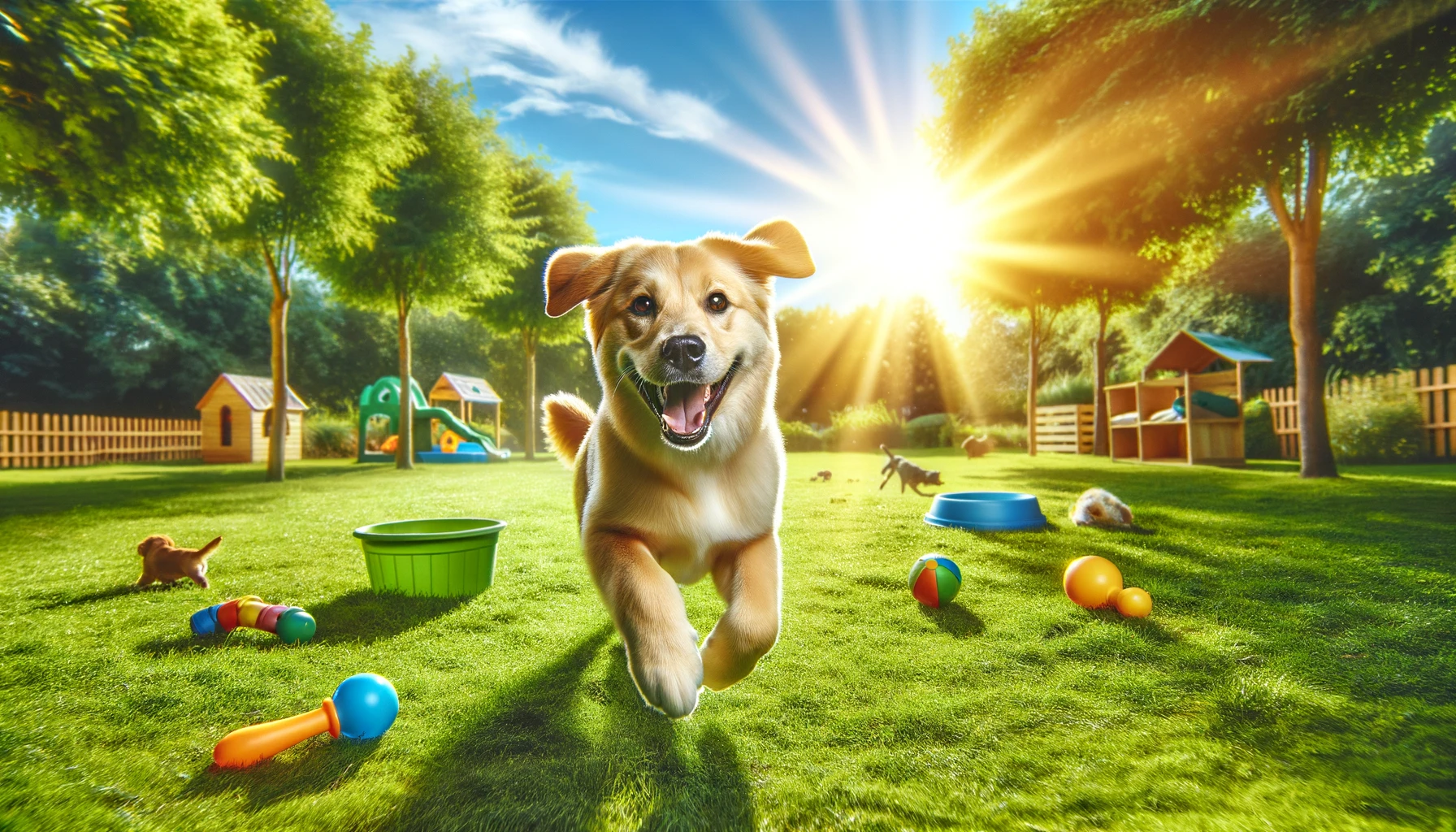Hair fall in dogs is one thing that worries many pet owners. A normal amount of shedding is fine, but too much hair loss can be a warning sign that something might need the attention of your veterinarian. We are going to discuss the potential causes of hair loss in dogs, steps you can take for prevention, and even treatments which will help your dog keep a healthy coat.
Table of Contents
1. Causes of Hair Loss in Dogs
Your dog might be shedding extra hair for a number of reasons. Asking why is the first step to understanding and solving it. Common causes:
a) Seasonal Shedding
Seasonal shedding is a common occurrence in many breeds, especially during the months of spring and fall. And again, this does happen sometimes with the dog going through their natural hair shedding period. Dogs like Golden Retrievers, German Shepherds, and Huskies shed a lot.
b) Poor Nutrition
What your dog eats is very important for the health of his skin and coat. Dull fur and excessive shedding indicate a lack of omega-3 and omega-6 fatty acids, vitamins, and minerals. One of the biggest sources of hair fall is low-quality dog food that does not contain these essential nutrients.
c) Allergies
Another common reason for hair fall in dogs is allergies. This could be due to food, the environment (e.g., pollen, dust mites), or even grooming products. Additionally, the skin where the hair is falling out might be itchy and red on dogs.
d) Parasites (Fleas, Ticks, and Mites)
Parasites that are known to make their way into the skin and fur of dogs, like fleas, ticks, and mites. These parasites bite the skin and your dog will begin scratching vigorously, causing bald spots to develop. A type of mite causes mange, a condition that can lead to extreme hair loss.
e) Infections (Fungal or Bacterial)
Ringworm is a fungal infection that can lead to hair loss in patches, as well. They usually require professional medical attention and are transmissible to other pets or even humans.
f) Hormonal Imbalances
The hormonal balance is influenced by conditions such as hypothyroidism but also Cushing’s disease in the case of hair loss syndrome. Symmetrical hair loss is usually the result of hormonal disorders that cause baldness on either side, combined with other symptoms, such as weight gain in Cushing’s syndrome, or lethargy due to hypothyroidism.
g) Stress or Anxiety
Dogs can feel stress and anxiety just like people do, which is sometimes manifested as hair loss. Changes in environment, separation anxiety, or any trauma can cause stress-related shedding.
2. Preventing and Treating Hair Fall in Dogs
Once you know what has caused your dog’s hair fall, the first step is treatment. Here are a few ways that can stop or prevent hair fall in dogs:

a) Regular Grooming
Brushing often removes loose hair and helps those natural oils make the coat shiny and healthy-looking. Get the appropriate brush for your dog—a slicker brush is best if you have long-haired dogs, whereas a rubber one should be used on short-haired breeds.
b) Balanced Diet
Provide a well-balanced nutritional diet to your dogs full of essential nutrients. Avoid brands of highest-quality dog food that can easily contain omega-3, furthermore check for omega-6 fatty acids. Adding supplements such as fish oil or flaxseed oils can also be used, but speak with your vet before using them as part of a regular regimen.
c) Flea and Tick Prevention
Guarantee that your dog is on an excellent flea and tick prevention program. Keep an eye out for signs of parasites in your dog, especially if they are outdoor animals. Topical solutions, oral medications, and collars—there are many flea and tick treatments you can choose to administer; topical solutions (liquid or spray formulations) are applied externally, while oral medications (tablets or chews) target parasites from the inside out.
d) Allergy Management
If your dog has hair loss due to allergies, you and the vet will need to work together in locating what caused it. This may require dietary changes for your dog, hypoallergenic shampoos, or addressing any environmental allergens. For more serious allergies, your vet may prescribe medication to decrease the itchiness and redness that ensue.
e) Treat Infections Promptly
If your dog has a fungal or bacterial infection, you should take it to the vet in order for them to prescribe medicine. These may be given in the form of local ointments, shampoos, and oral medication. Untreated infections may become worse, and you can even give these to others, so take care.
f) Manage Stress and Anxiety
You can reduce your dog’s stress by keeping a calm and stable environment. Anxiety can be reduced by getting regular exercise, mental stimulation, and positive reinforcement. In some cases, your vet may prescribe anxiety-reducing supplements or medications.
g) Veterinary Care for Hormonal Problems
If your dog’s hair loss is the result of a hormonal imbalance, such as hypothyroidism or Cushing’s disease, he will need to regulate hormone levels with medication. Your dog’s condition will need to be monitored regularly with blood tests and checkups to continue the most effective treatment.
3. Home Remedies for Dog Hair Fall
Medications and surgical options are necessary in some instances, but even if your pet has a medical reason for hair loss, there may be natural solutions to help moisturize his skin, maintain coat health, and minimize shedding.
a) Coconut Oil
Coconut oil can be used topically on your dog’s skin or fed orally. It can fight dryness and soothe irritated skin.
b) Aloe Vera
Aloe vera gel is a popular natural cure for itchy or irritated skin. Apply a small amount to affected areas to soothe the skin, reduce irritation, and promote healing.
c) Apple Cider Vinegar
Rinsing your pooch after washing them with diluted apple cider vinegar can help balance skin pH and fight off yeast. Just be sure to rinse really well afterward, as it can cause irritation.
d) Oatmeal Baths
Oatmeal baths are a good option to calm itchy, dry skin. Commercial oatmeal shampoos are available, or you can grind plain oatmeal into a powder and add it to warm bath water.
4. When to See a Vet?
If the hair loss is sudden, excessive, or accompanied by itching or sores anywhere on your dog’s body, some tests may need to be done. Sometimes, hair fall could indicate a more serious condition that might need professional attention.
This is a problem that can be frustrating for your dog and for you, but it should not be difficult to grow back hair with the right care. Regular grooming, a balanced diet, and preventive steps can help maintain your dog’s skin health. If the hair loss continues, veterinary advice should be sought to rule out any health problems. By staying proactive, your dog will be happy, healthy, and sporting a great coat!
You may also like: Is Your Dog Healthy?
